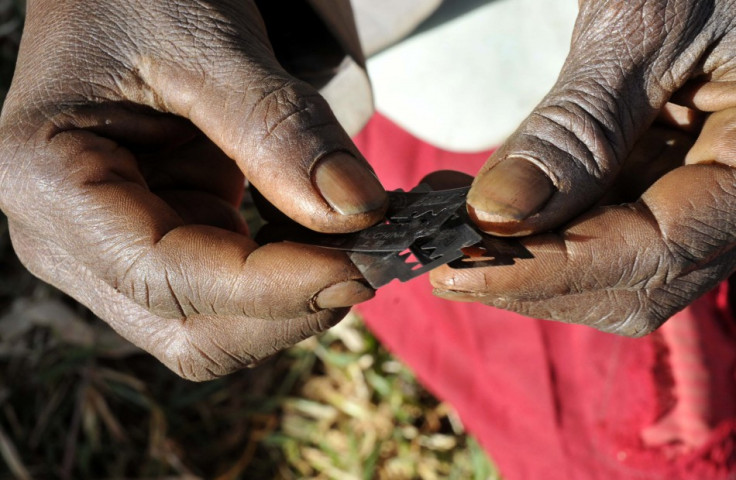Egypt: Doctor to Stand Trial for FGM in Landmark Case Over Schoolgirl's Death

A doctor will stand trial in Egypt on charges of female genital mutilation, in the first case of its kind in a country where the practice is rife.
Raslan Fadl is accused of killing Sohair al-Bata'a, a 13-year-old schoolgirl, during a circumcision procedure last year. The girl's father, Mohamed al-Bata'a, will also be charged with complicity in her death.
Last June, Sohair al-Bata'a and her father arrived at a doctor's office two hours north of Cairo.
"The nurse took my daughter out of the operation room to a nearby room, along with three other girls whom the doctor was circumcising," the father, a farmer, told the Egyptian daily Al-Masry Al-Youm. "I waited half an hour, hoping that my daughter would wake up, but, unfortunately, unlike the rest of the girls, she did not."
Fadl denies the charges and claims Sohair died of an allergic reaction to penicillin during a procedure to remove genital warts.
"What circumcision? There was no circumcision," Fadl said, claiming the charges were invented by human rights activists, whom he referred to as "dogs' rights people".
The doctor, who had also circumcised another girl in the family, reportedly offered the family 20,000 Egyptian pounds - around £1,660 - to keep the death quiet.
"I want nothing but to hold the doctor accountable and to have justice for my daughter," Suhair's mother said at the time.
A health inspector's report later confirmed Suhair al-Bata'a had died of a "sharp drop in blood pressure resulting from shock trauma".
Activists are calling the trial a landmark case for FGM in the country. Although it was banned in 2008, the practice is still regarded by some as a milestone in womanhood and defines an individual's femininity.
According to a 2010 UNICEF report, over 90% of married Egyptian women aged between 15 and 49 have been subjected to FGM. In 72% of cases, the procedure was performed by a doctor.
"It is supported by both men and women, usually without question, and anyone departing from the norm may face condemnation, harassment and social exclusion," the report read.
"We circumcise all our children – they say it's good for our girls," Naga Shawky, a 40-year-old housewife, told the Guardian. "The law won't stop anything – the villagers will carry on. Our grandfathers did it and so shall we."
© Copyright IBTimes 2025. All rights reserved.






















